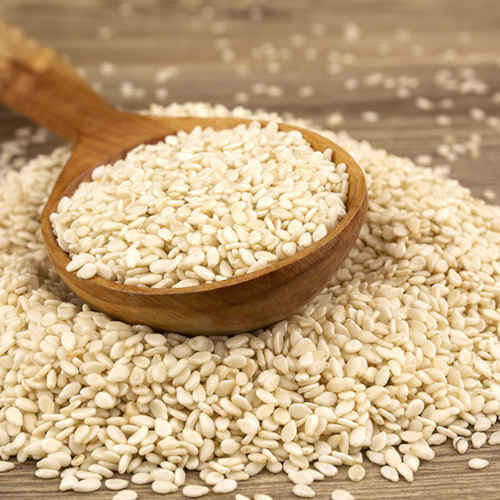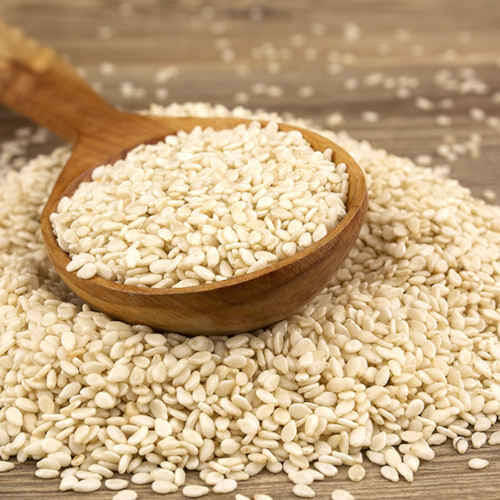Mozambique’s Sesame Season Off to Strong Start Amid India’s Market Struggles

As sesame seed farmers in Mozambique enjoy favorable weather and a strong start to the planting season, India — a major player in the global sesame market — is facing financial bottlenecks that are slowing down trade and procurement activities. Meanwhile, Brazil is seeking to strengthen its agricultural export ties with China, adding new dynamics to the global sesame trade.
Mozambique: Favorable Outlook for Sesame Cultivation
Mozambican farmers are reporting ideal weather conditions and early, healthy crop development, particularly in northern regions like Nampula and Cabo Delgado, where sesame is a key cash crop. With global demand steady and farmgate prices currently encouraging, many smallholders are optimistic about a productive and profitable season.
Industry analysts expect the country’s sesame output in 2025 to potentially surpass 180,000 tons, supported by increased acreage and improved farming practices. Exporters have already begun engaging with buyers in Asia and the Middle East, key markets for Mozambique's sesame seeds.
India: Cash Flow Woes Disrupt Market
In contrast, India — traditionally one of the largest producers and exporters of sesame seeds — is grappling with liquidity issues among traders and processors. Reports from the Mandis (local markets) indicate that many traders are hesitant to make large-scale purchases due to tight cash availability, impacting price stability and procurement speed.
This slowdown has also affected India's sesame exports, as shipments are delayed and contract fulfillment faces challenges. While demand from countries like Japan, South Korea, and the Middle East remains strong, supply-side constraints could hinder India's performance in the current season.
Brazil Eyes China for Sesame Trade Growth
Adding to the global shake-up, Brazil — an emerging player in sesame seed production — has set its sights on expanding exports to China, the world’s largest sesame seed importer. With China diversifying its supply sources beyond Africa and Southeast Asia, Brazil sees an opportunity to scale up production and offer premium-quality white sesame to meet stringent Chinese import standards.
The Brazilian government is reportedly in talks with Chinese officials to streamline phytosanitary protocols and facilitate smoother trade logistics. This shift could reshape trade routes and introduce a new competitive layer in the already dynamic sesame seed market.
Global Market Implications
The simultaneous developments in Mozambique, India, and Brazil highlight the increasingly interconnected nature of the global sesame seed market. As climate conditions, financial systems, and trade diplomacy each play critical roles, buyers and suppliers alike will need to monitor shifts in regional dynamics closely.
Follow & Subscribe:
👉 Africa Agri Market on LinkedIn for the latest updates and insights.
🌐 Visit us at www.africa-agri-market.com for more information!
